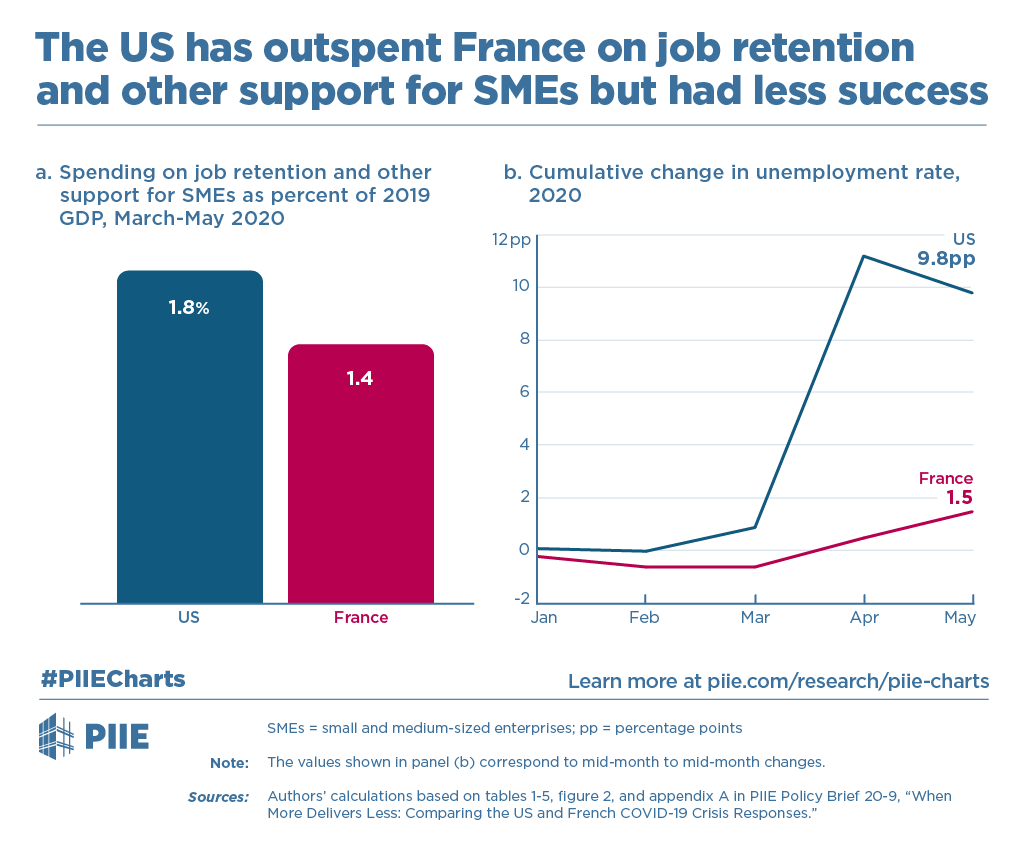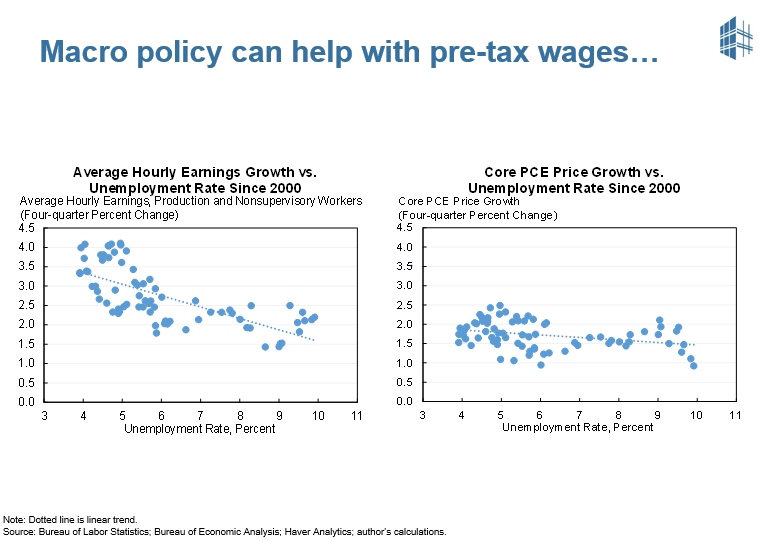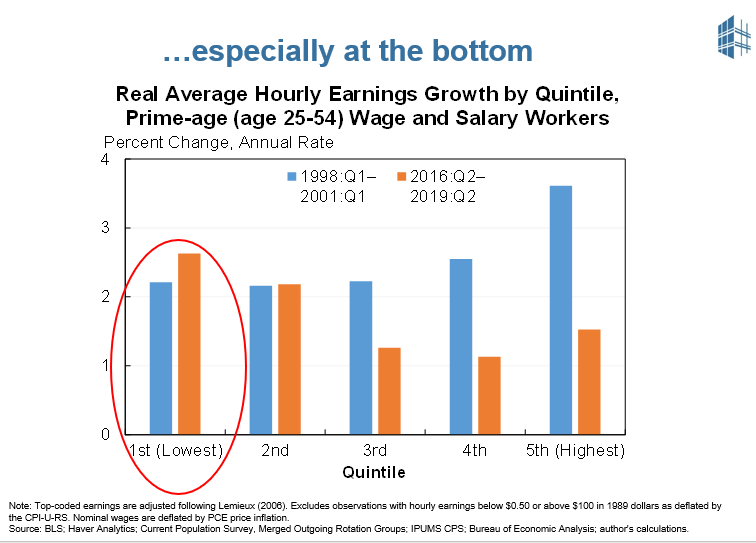Economic responses to the #COVID19 crisis varied widely. In their latest research, @pisaniferry & @cohensetton look at French & US responses & find that the US response was 💰more expensive💰 but 📉less effective📉 than the French approach.
We explain... (1/11)
🇺🇸: 6.3% of GDP
🇫🇷: 3.4% of GDP
(2/11)
In the US, 3 programs were introduced in response to the crisis: the Paycheck Protection Program, the Payroll Support Program, & the Employee Retention Tax Credit. (6/11)
#PIIECharts

piie.com/publications/p…





